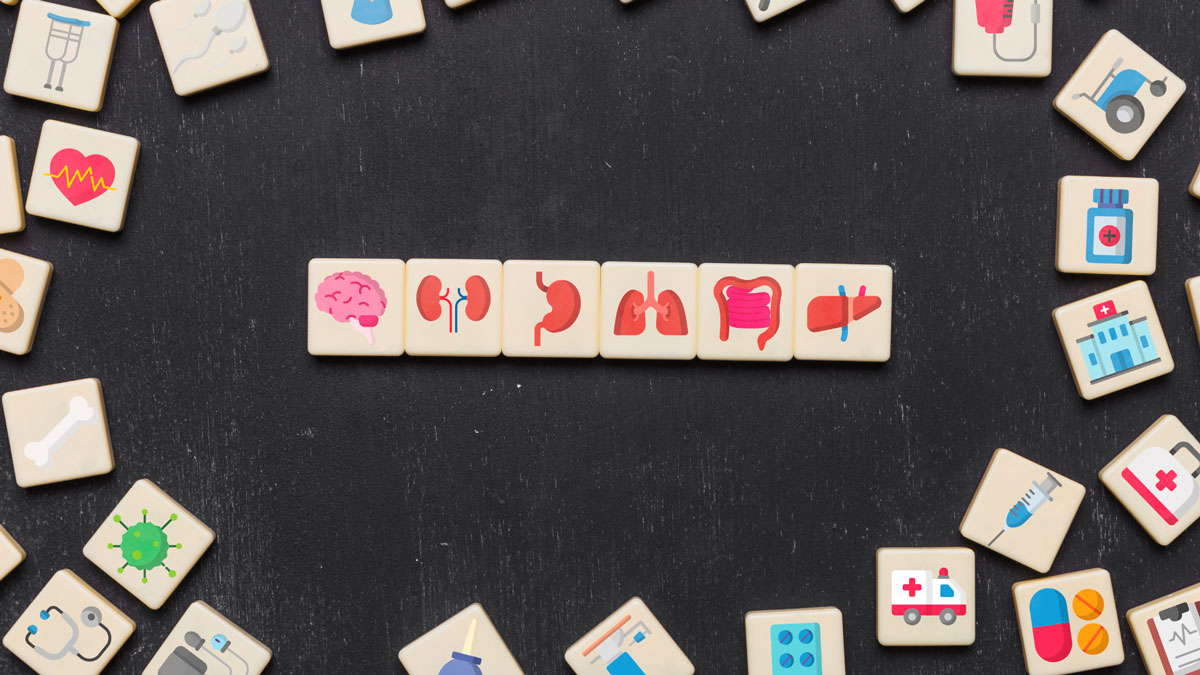Fitness is an essential part of maintaining a healthy lifestyle, but the notion of a “one-size-fits-all” workout can often feel limiting. With an increasing focus on inclusivity in the fitness world, adaptive fitness has emerged as a key trend. Adaptive fitness is about tailoring workouts to suit the specific needs of individuals, regardless of age, ability, or physical challenges. Whether you’re a senior looking to stay active, someone recovering from an injury, or a person with a disability, adaptive fitness allows everyone to engage in exercise, improve strength, and enjoy the numerous benefits of physical activity.
What is Adaptive Fitness?
Adaptive fitness refers to exercise routines that are modified or designed to meet the needs of individuals with various abilities. The focus is on creating a safe, accessible, and effective workout plan that accommodates the person’s unique physical limitations while still challenging them to improve. Adaptive fitness goes beyond just traditional exercises; it’s about promoting inclusivity, fostering confidence, and providing a sense of empowerment through movement.
Everyone, regardless of their age, fitness level, or physical condition, can benefit from adaptive fitness. With the right approach, adaptive fitness can be personalized to address specific goals, whether that’s increasing flexibility, building strength, enhancing balance, or improving cardiovascular health.
Why Adaptive Fitness is Important
- Promotes Accessibility for All: Adaptive fitness ensures that physical activity is available to everyone, not just those with typical fitness levels. It allows people with mobility issues, chronic conditions, or physical disabilities to partake in exercises that are typically reserved for more able-bodied individuals. It also provides options for seniors who may be concerned about falling or overexerting themselves.
- Improves Physical and Mental Health: Regular physical activity has been shown to improve overall health, reducing the risk of chronic diseases, managing weight, and enhancing mental well-being. Adaptive fitness programs allow people with different abilities to reap these benefits and improve their quality of life. Exercise has been proven to reduce stress, boost mood, and promote better sleep, all of which are essential for mental and emotional health.
- Builds Confidence and Self-Esteem: Adaptive fitness helps individuals feel capable and empowered. By modifying exercises to match an individual’s capabilities, adaptive fitness creates a sense of accomplishment. Progress, no matter how small, builds self-esteem and reinforces a sense of success. For people who may have felt excluded from traditional fitness routines, adaptive fitness offers a welcoming environment that encourages growth.
- Prevents Injury: For many people, physical activity can be intimidating, particularly if they’ve experienced injuries or health concerns in the past. Adaptive fitness allows individuals to exercise safely, using modified movements that are less likely to cause injury. By gradually building strength and endurance, individuals can return to their full potential in a way that minimizes the risk of re-injury.
Adaptive Fitness Workouts for Different Abilities
- For Seniors: Age shouldn’t be a barrier to fitness. For older adults, maintaining strength, flexibility, and balance is essential for staying independent and active. Adaptive fitness for seniors often includes low-impact exercises such as chair yoga, water aerobics, or resistance training using light weights or resistance bands. These exercises are designed to improve mobility, joint health, and overall vitality. Stretching exercises can also help prevent stiffness and enhance range of motion, while balance exercises reduce the risk of falls.
- For Individuals with Mobility Impairments: People with mobility challenges, such as those using wheelchairs or those with limited range of motion, can still engage in fitness activities tailored to their abilities. Wheelchair-bound individuals can perform upper-body strength exercises, such as seated push-ups, shoulder presses, and arm curls. Resistance bands are also an excellent tool for providing customizable intensity. For individuals with limited mobility, functional training that emphasizes movements required for daily activities, such as sitting, standing, or walking, can help maintain independence.
- For People with Chronic Conditions: Individuals living with chronic conditions like arthritis, diabetes, or multiple sclerosis can benefit from adaptive fitness routines. For instance, people with arthritis can perform exercises that enhance joint mobility and muscle strength, helping to alleviate pain and improve function. Low-impact exercises, such as swimming, cycling, or walking, are also great options. People with diabetes can benefit from exercise routines that help regulate blood sugar levels and improve cardiovascular health. Consulting with a medical professional or physical therapist is often advised to ensure that exercises are safe and effective.
- For Individuals Recovering from Injuries: Adaptive fitness plays an important role in rehabilitation after an injury. Individuals recovering from surgery or injuries can work with physical therapists to perform exercises that help restore strength and function. A personalized approach may include gentle stretching, stability exercises, or water-based activities that take pressure off the joints while building muscle. Gradually increasing the intensity of the exercises will help regain mobility and prevent re-injury.
Adaptive Fitness in Action: Finding the Right Program
The key to success with adaptive fitness is personalization. It’s essential to work with a knowledgeable trainer or therapist who can assess individual needs and develop a customized fitness plan. Many gyms, wellness centers, and fitness studios are now offering adaptive fitness programs that cater to a wide range of abilities. These programs often use a combination of traditional strength training, mobility work, stretching, and cardio exercises, all modified to suit individual needs.
Additionally, there are now virtual adaptive fitness programs available online, allowing people to participate from the comfort of their homes. Many of these programs feature video demonstrations and step-by-step instructions, making it easy for anyone to follow along.
Tips for Starting an Adaptive Fitness Journey
- Start Slowly: If you’re new to fitness or have been inactive for a while, start with simple exercises that match your current abilities. Don’t be discouraged if you can’t complete a full workout right away. The goal is progress, not perfection.
- Focus on Form: Prioritize proper form and technique to ensure that exercises are safe and effective. If you’re unsure about your form, ask a trainer for guidance.
- Listen to Your Body: Pay attention to how your body feels during and after each workout. If something doesn’t feel right, stop and consult a professional before proceeding.
- Stay Consistent: Consistency is key to progress. Make adaptive fitness a regular part of your routine, whether it’s once a week or several times a week.
Final Thoughts
Adaptive fitness is not just for those with physical challenges—it’s a concept that can be embraced by anyone looking to enhance their well-being in a way that respects their body’s unique needs. By prioritizing inclusivity and customizing workouts to individual abilities, adaptive fitness helps people of all ages and fitness levels achieve better health, improve their quality of life, and feel empowered to keep moving forward. No matter your age, ability, or health status, there is a workout out there for you, and with adaptive fitness, every step you take is a step toward a healthier, more fulfilled life.














